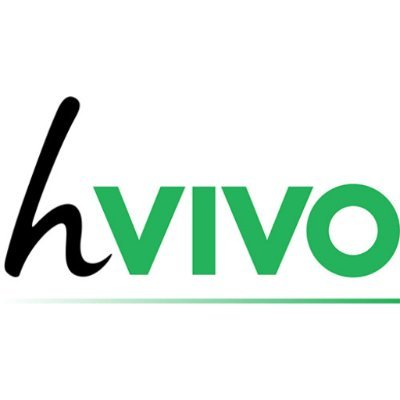Clinical trials play a pivotal role in advancing the medical industry by allowing new treatments and interventions to be rigorously tested for both effectiveness and safety. Understanding how clinical trial data is used is essential to grasp the next steps after a study is completed. This involves analysing the data to ensure it meets the required standards, with biostatisticians playing a key role in verifying the accuracy of patient randomisation and achieving the study’s goals. Subgroup analysis is often employed to identify patterns and assess how different patient groups respond to treatments.
Once data has been processed and cleaned, it is compiled into a report and used in several important ways. First, regulatory bodies such as the MHRA rely on clinical trial results to determine whether a new drug or treatment is safe and effective enough to be approved for public use. Trials also help shape future research by providing insights that can lead to new treatment methods and improvements in existing therapies. For example, trials may explore the benefits of combination therapies or suggest adjustments to current treatments, paving the way for more personalised healthcare.
In addition, clinical trial results influence healthcare practices by offering the latest research that helps to update treatment guidelines. These findings are often published in medical journals, which facilitate knowledge-sharing among researchers, healthcare professionals, and the wider medical community. The dissemination of this data encourages collaboration and innovation, ultimately accelerating the development of new treatments.
Clinical trial data is also crucial for patients and healthcare providers. It enables patients to make informed decisions about their treatment options and potential side effects, while healthcare providers use the information to recommend the most appropriate interventions. Researchers, too, benefit from the data, as it forms the foundation for future studies and helps refine scientific hypotheses.
For a new drug or therapy to be introduced to the market, regulatory bodies must approve it based on clinical trial results. Organisations like FluCamp, for instance, utilise a comprehensive data management system to ensure the accuracy of trial results. During the Covid Challenge Trial, FluCamp meticulously documented and analysed data to uncover vital information about the virus, demonstrating how clinical trial outcomes contribute to public health advancements.
Understanding clinical trial results is essential not just for the medical community but also for patients and the public, as it drives medical innovation and helps ensure access to the latest treatments.
hVIVO plc (formerly Open Orphan plc), led by Cathal Friel, is a rapidly growing specialist contract research organisation (CRO) and the world leader in testing infectious and respiratory disease vaccines and antivirals using human challenge clinical trials, providing end-to-end early clinical development services for its broad and long-standing client base of biopharma companies.


